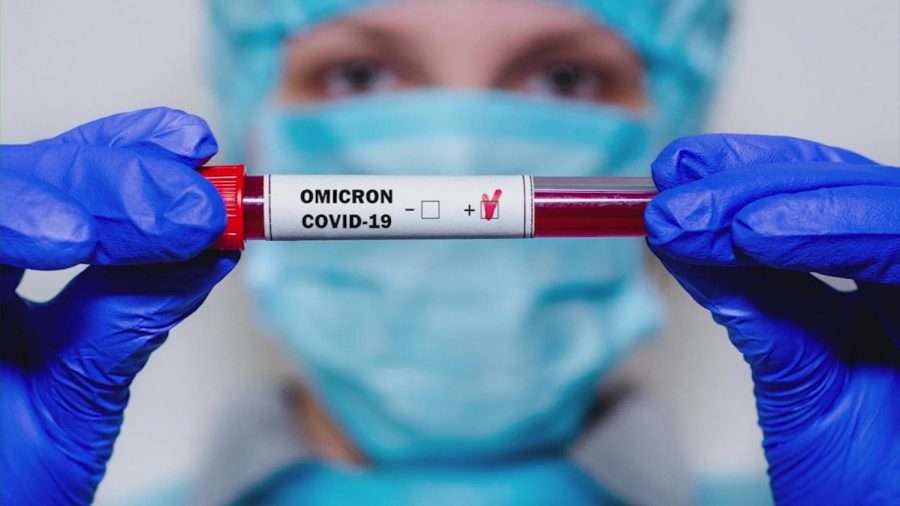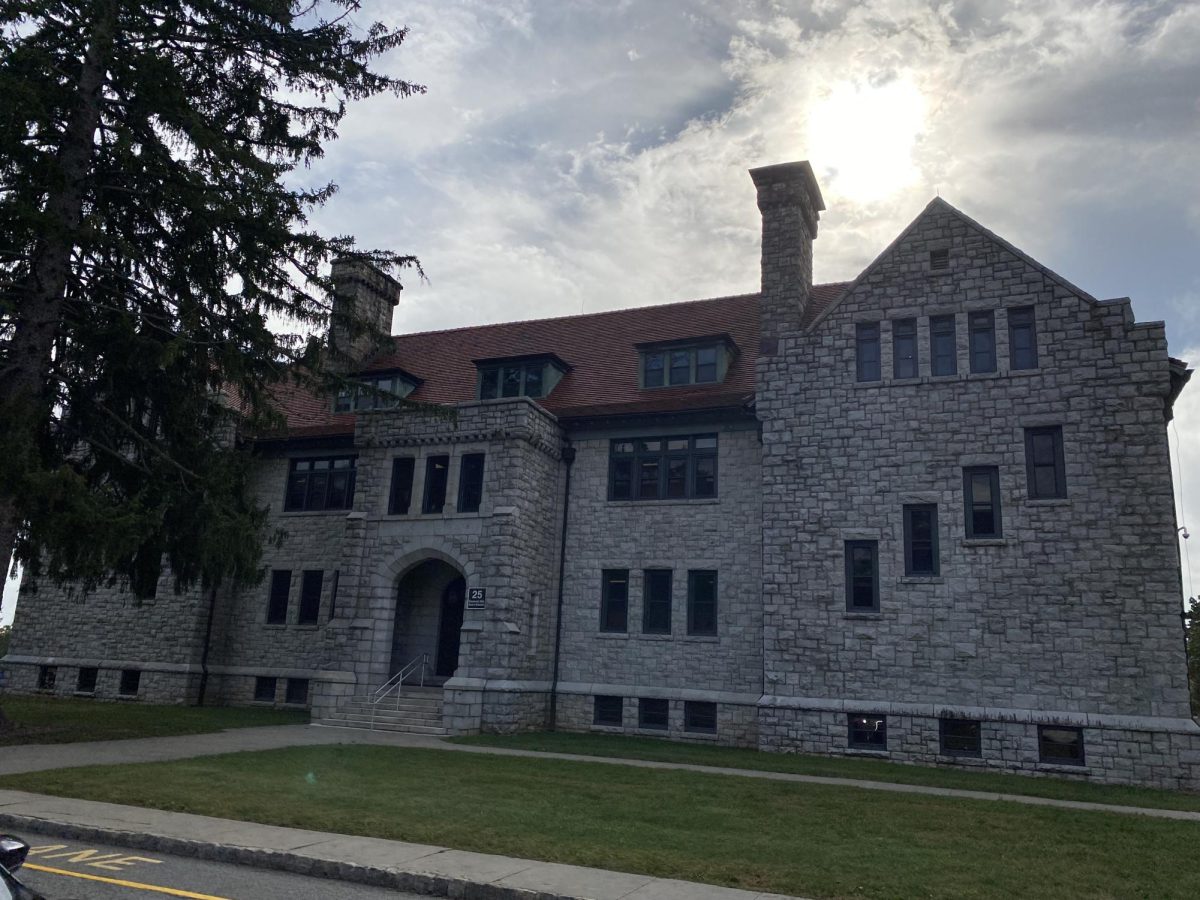Recently, a new Covid-19 variant, Omicron, has been circulating and spreading around the globe, including across the country. The emergence of Omicron on November 24, 2021, was reported to the World Health Organization (WHO). This new variant was first detected in specimens collected on November 11, 2021, in Botswana and on November 14, 2021, in South Africa.
According to Aljazeera News, “The new COVID-19 variant, called B.1.1.529, has a very unusual constellation of mutations, which are worrying because they could help it evade the body’s immune response and make it more transmissible,” scientists have said.
Preliminary evidence suggests “an increased risk of reinfection with this variant, as compared to other variants of concern,” the organization said in a statement Friday. “
“This variant has been detected at faster rates than previous surges in infection, suggesting that this variant may have a growth advantage.” Omicron is fast-moving but perhaps less severe, early reports suggest.
Researchers in South Africa, where the variant is spreading quickly, say it may cause less serious Covid cases than other forms of the virus, but it is unclear whether that will hold true. Omicron symptoms may include fever or chills, cough, shortness of breath, fatigue, muscle and body aches, headaches, new loss of taste or smell, sore throat, congestion or runny nose, or nausea.
Given the ongoing uncertainty surrounding the Covid omicron variant, experts have been watching the real-world data coming out of South Africa closely, given that it was one of the first countries to spot the variant. Parts of South Africa have seen an increase in hospitalizations linked to the omicron variant. A report from the South African Medical Research Council, released Saturday, detailing the experiences of several hospitals in the Gauteng province (where omicron was first detected) suggested that the strain is causing milder illness, with fewer patients requiring oxygen or intensive care than seen in previous waves.
Pfizer’s CEO, Albert Bourla, told The Wall Street Journal during an interview at the paper’s CEO Council Summit that “he expects the number of confirmed omicron cases to surge from dozens to millions over the next few weeks,” adding that “we will have a good understanding let’s say before the year-end as to what exactly it means for clinical manifestation.”
“Pfizer can develop a vaccine that targets omicron by March 2022,” Bourla said. Although it’s not clear yet whether there’s a need for a new shot. It will take a few weeks to determine whether the current vaccines provide enough protection against the variant.
The Omicron variant of the coronavirus has been found through testing in about 22 states so far and among the Omicron cases, 25 were in people aged 18 to 39 and 14 had traveled internationally. Six people had previously been infected with the coronavirus. To keep a hold of the Omicron from possibly starting another lockdown, laboratory studies released this week suggest that the Omicron variant will blunt the protective power of two doses of Pfizer and BioNTech’s COVID-19 vaccine, although a third dose may restore that protection. The U.S. has authorized COVID-19 vaccine booster doses for all Americans age 16 and older.












